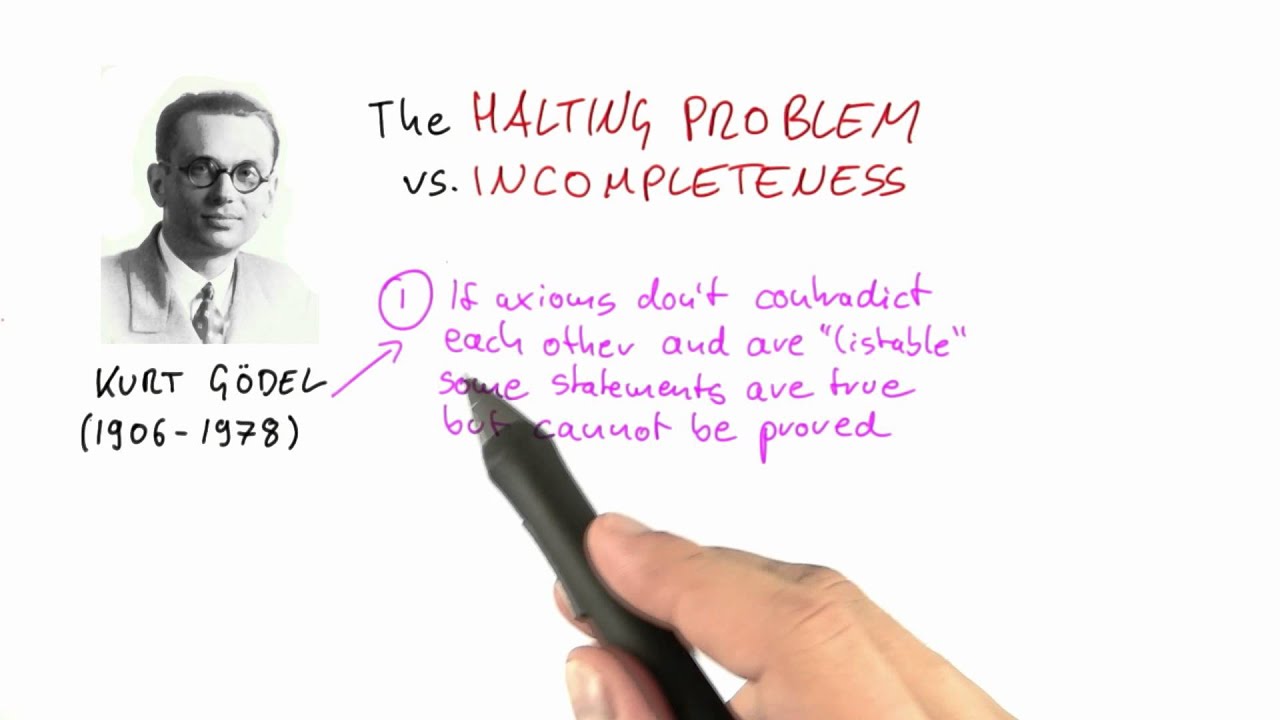Public Access To Jeffrey Epstein Files: Evaluating AG Pam Bondi's Choice

Table of Contents
The Context of AG Bondi's Decision
Understanding AG Bondi's decision requires understanding the background of the Epstein case, specifically the 2008 plea agreement negotiated between Epstein's legal team and the U.S. Attorney's Office for the Southern District of Florida. This plea deal, widely criticized for its leniency, allowed Epstein to plead guilty to two relatively minor state charges, avoiding federal prosecution on far more serious sex trafficking charges.
- The 2008 plea deal and its lenient terms: The agreement resulted in Epstein serving only 13 months in a county jail with work release, a sentence drastically disproportionate to the gravity of the allegations against him.
- The accusations of prosecutorial misconduct: The plea deal sparked allegations of prosecutorial misconduct, with accusations that powerful individuals shielded Epstein from a more thorough and just prosecution. These accusations fueled further investigations and public outrage.
- The subsequent investigation and renewed interest in the case: Epstein's subsequent arrest in 2019 and subsequent death reignited public interest and intense scrutiny of the 2008 plea deal, leading to renewed calls for transparency and accountability.
- The role of the Florida Attorney General's office: Pam Bondi's office, as the Florida Attorney General's office, played a key role in the 2008 negotiations and subsequent handling of the case, making her decisions a central point of contention in the debate over public access to related documents.
Arguments for Public Access to Jeffrey Epstein Files
Proponents of public access to the Jeffrey Epstein files emphasize the principles of transparency and accountability. They argue that the public has a right to understand the circumstances surrounding the 2008 plea deal and any potential government misconduct.
- The public's right to know about potential government misconduct: Transparency in government is essential for maintaining public trust. The Epstein case raises serious questions about whether powerful individuals were shielded from prosecution.
- The need for transparency in high-profile cases: High-profile cases like Epstein's demand a high level of transparency to ensure public confidence in the justice system. Secrecy only breeds suspicion and conspiracy theories.
- The importance of accountability for those involved in the Epstein case: Public access to files could help identify and hold accountable any individuals who may have been complicit in protecting Epstein.
- Potential for uncovering further evidence of wrongdoing: The release of documents might uncover new evidence of crimes or misconduct, leading to further investigations and potential prosecutions.
- Empowerment of Epstein victims through access to information: Access to information can be empowering for victims, allowing them to understand the full scope of the case and potentially pursue further legal action.
Arguments Against Public Access to Jeffrey Epstein Files
Opponents of releasing the Epstein files raise concerns about privacy and potential harm. They argue that some information within these documents might be sensitive, irrelevant, or potentially damaging to individuals not directly implicated in wrongdoing.
- Concerns about the privacy of individuals named in the files: The files might contain sensitive personal information about individuals who were not charged with any crimes but are mentioned in the documents.
- Potential for the release of sensitive or irrelevant information: The sheer volume of documents could include information that is irrelevant to the central issues of the case, raising concerns about the potential for misinterpretations and public confusion.
- The risk of reputational damage to individuals who may not have been involved in wrongdoing: Unfounded accusations or speculation based on incomplete information could harm the reputations of innocent individuals.
- The potential for hindering ongoing investigations: Public release of sensitive information could potentially jeopardize ongoing investigations and compromise future legal proceedings.
Evaluating AG Bondi's Role and the Legal Framework
Evaluating AG Bondi's role requires a careful review of her actions concerning the release of documents, within the context of Florida's public records laws.
- Review of Florida's public records laws: Florida has strong public records laws, but there are exceptions for certain types of sensitive information, creating a complex legal landscape.
- Examination of any legal challenges to the release of documents: Any decisions regarding the release of these files would likely face legal challenges from various parties involved, raising questions of legal precedent.
- Discussion of the ethical implications of AG Bondi's choices: The ethical implications of AG Bondi's decisions require careful consideration, given the sensitivity of the case and the impact on victims.
- Analysis of potential conflicts of interest: Any potential conflicts of interest on the part of AG Bondi's office during the handling of the Epstein case need to be thoroughly investigated and addressed.
The Impact on Epstein Victims and the Pursuit of Justice
The decision regarding public access to the Epstein files has significant implications for victims seeking justice and healing.
- The role of public access to files in victim empowerment: Public access to relevant files could potentially empower victims by providing them with a more complete understanding of the events and potentially aiding in the pursuit of justice.
- The potential for new information to lead to further legal action: The release of new information could trigger new investigations and lead to further legal action against those involved.
- The emotional toll on victims in the aftermath of the case: The release of sensitive information can have a profound emotional toll on victims, potentially retraumatizing them.
- The limitations of public access in providing complete closure: Public access to information, while important, may not provide complete closure or justice for victims, given the complexities of the case and the legal system.
Conclusion
This article has analyzed the intricate issue of public access to Jeffrey Epstein's files, focusing on Attorney General Pam Bondi's crucial decisions. The debate underscores the inherent tension between transparency, accountability, and privacy concerns. The paramount consideration must remain the impact on Epstein's victims and the ongoing pursuit of justice. Continued discussion and engagement on the issue of public access to Jeffrey Epstein files are crucial for ensuring accountability and achieving justice. Further investigation into AG Bondi's choices, and the implications of similar decisions in future cases, is imperative. Let's continue the conversation to ensure transparency in handling sensitive legal matters like the Jeffrey Epstein case.

Featured Posts
-
 Dakota Johnson Por Que El Bolso Hereu Es El Accesorio Perfecto
May 09, 2025
Dakota Johnson Por Que El Bolso Hereu Es El Accesorio Perfecto
May 09, 2025 -
 Negotiating Daycare Costs Tips For Working Parents
May 09, 2025
Negotiating Daycare Costs Tips For Working Parents
May 09, 2025 -
 The Abrego Garcia Case Examining The Complexities Of Us Asylum Policy
May 09, 2025
The Abrego Garcia Case Examining The Complexities Of Us Asylum Policy
May 09, 2025 -
 Who Is David Exploring The Top 5 Theories Surrounding The He Morgan Brother In High Potential
May 09, 2025
Who Is David Exploring The Top 5 Theories Surrounding The He Morgan Brother In High Potential
May 09, 2025 -
 The Ripple Effect How Trade Chaos Impacts The Production And Distribution Of Chinese Goods Including Bubble Blasters
May 09, 2025
The Ripple Effect How Trade Chaos Impacts The Production And Distribution Of Chinese Goods Including Bubble Blasters
May 09, 2025
Latest Posts
-
 Show Of Support For Wynne Evans As He Addresses Allegations
May 09, 2025
Show Of Support For Wynne Evans As He Addresses Allegations
May 09, 2025 -
 Wynne Evans Illness Recovery Update And Speculation On Showbiz Return
May 09, 2025
Wynne Evans Illness Recovery Update And Speculation On Showbiz Return
May 09, 2025 -
 Singer Wynne Evans Shares Health Update Following Serious Illness
May 09, 2025
Singer Wynne Evans Shares Health Update Following Serious Illness
May 09, 2025 -
 Go Compare Advert Star Wynne Evans And The Strictly Fallout
May 09, 2025
Go Compare Advert Star Wynne Evans And The Strictly Fallout
May 09, 2025 -
 Lilysilk Unveils Exclusive Spring Capsule Collection Designed By Elizabeth Stewart
May 09, 2025
Lilysilk Unveils Exclusive Spring Capsule Collection Designed By Elizabeth Stewart
May 09, 2025
